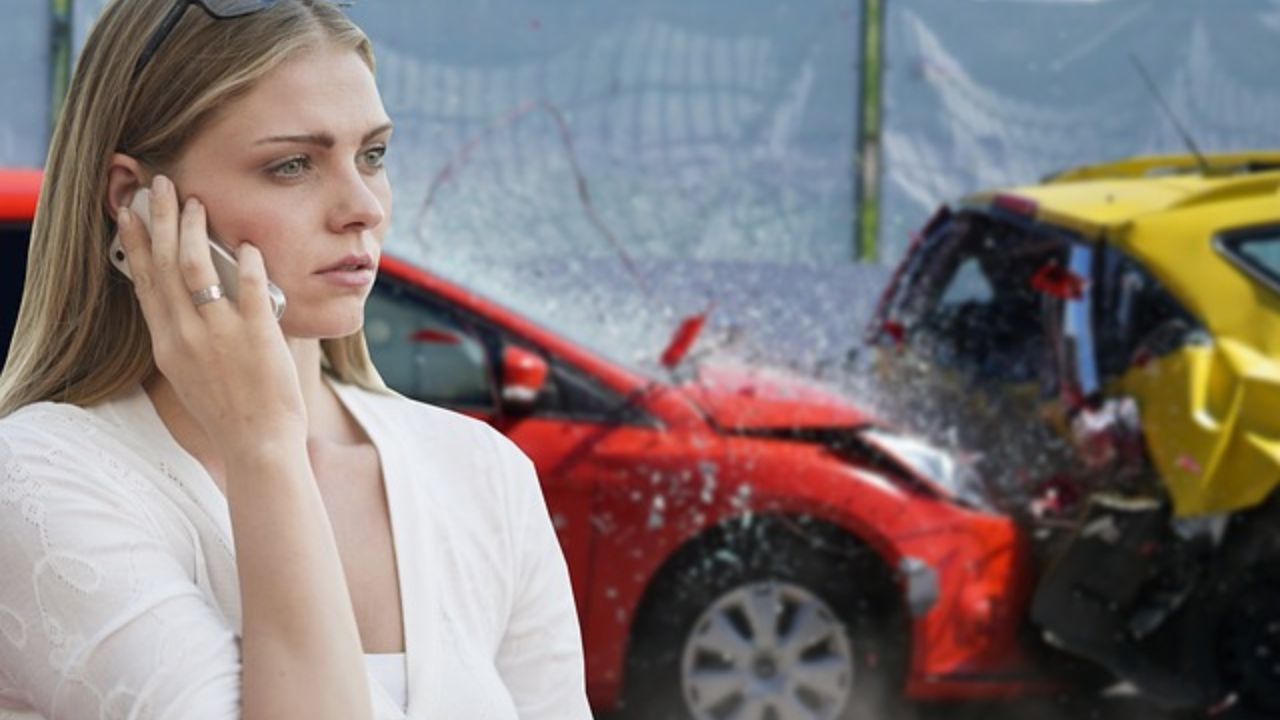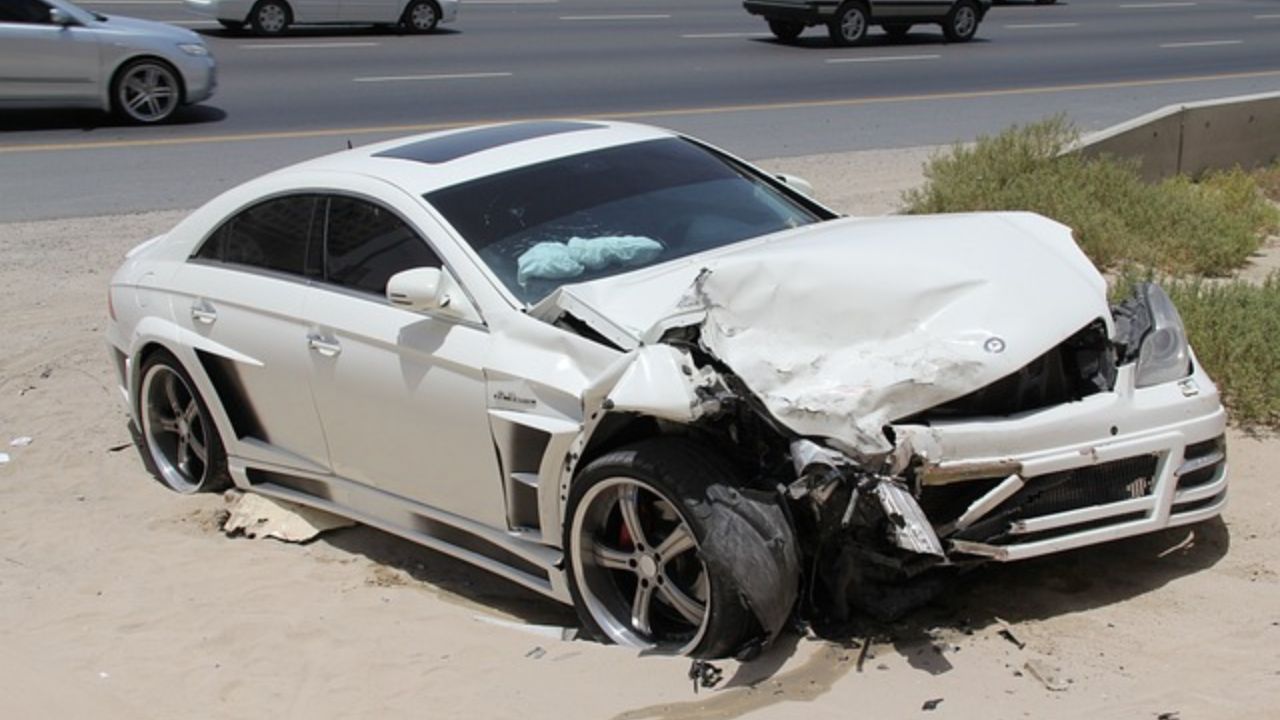
Car accidents involving teenagers can be particularly challenging, given their limited driving experience and the potential emotional impact of such an event. When disputes arise regarding fault or compensation, mediation can be a beneficial avenue to explore. This process involves a neutral third-party mediator who assists both sides in reaching an amicable settlement without the need for a court trial. In this article, we’ll delve deep into the mediation process for car accident settlements involving teens in Manhattan Beach, highlighting the key aspects and providing factual data to guide parents and guardians.
The Essence of Mediation in Car Accident Cases
Mediation serves as an alternative to litigation, offering a more informal and often quicker resolution to disputes. The primary goal is to reach a mutually agreeable settlement, avoiding the time, expense, and unpredictability of a court trial.
Key Benefits of Mediation
- Cost-Effective: Mediation is generally less expensive than litigation. There are no court fees, and the process is typically faster, reducing legal fees.
- Confidentiality: Unlike court trials, which are public, mediation proceedings are private and confidential. This can be especially beneficial for teens who might be emotionally vulnerable after an accident.
- Control Over Outcome: Both parties have a say in the final agreement, ensuring that the outcome is mutually satisfactory.
For a Free Legal Consultation, Call (310) 321-4800
Factors Influencing Mediation Outcomes
The Role of Insurance Companies
Insurance companies play a pivotal role in car accident settlements. They often have their own interests at heart and might attempt to minimize the payout. Common tactics include:
- Disputing the Claim: The insurer might argue that their policyholder was not at fault or that the victim’s injuries are not as severe as claimed.
- Lowball Offers: Initial settlement offers from insurance companies are often lower than the actual value of the claim. It’s a negotiation tactic, expecting the victim to counter with a higher amount.
The Importance of Evidence
Solid evidence is crucial in strengthening the victim’s position during mediation. This includes:
- Medical Records: Detailed records of injuries, treatments, and prognosis.
- Accident Scene Photos: Images showing vehicle damages, skid marks, road conditions, and any other relevant details.
- Witness Statements: Testimonies from individuals who witnessed the accident can corroborate the victim’s account.

Mediation Process: A Step-by-Step Overview
- Selection of Mediator: Both parties agree on a neutral third-party mediator. This individual should have experience in car accident cases and a good understanding of Manhattan Beach laws.
- Initial Meeting: The mediator meets with both parties separately to understand their perspectives and expectations.
- Joint Session: Both parties come together to present their case. This is an opportunity to lay out the facts, provide evidence, and make initial offers.
- Negotiation: The mediator facilitates discussions, helping both sides find common ground. This might involve multiple rounds of offers and counteroffers.
- Reaching an Agreement: If both parties agree on a settlement, the terms are documented in a legally binding agreement.
Click to Contact Our Personal Injury Lawyers Today
Challenges in Mediation Involving Teen Drivers
Perception of Inexperience
Teen drivers, due to their limited time on the road, are often perceived as more likely to be at fault in an accident. This perception can influence the mediation process, with the opposing party emphasizing the teen’s inexperience as a contributing factor.
Emotional Vulnerability
Teenagers might be more emotionally affected by the accident, making the mediation process potentially more stressful for them. Their emotional state can impact their ability to communicate effectively or make decisions during mediation.
Parental Involvement
Parents or guardians play a crucial role in supporting their teen during mediation. Their involvement can be a double-edged sword. While they can provide essential support and guidance, they might also have strong emotional reactions that could influence the mediation’s dynamics.
Strategies for Successful Mediation with Teen Drivers
Preparation is Key
Before entering mediation, ensure that all necessary documentation, such as medical records, repair bills, and any evidence from the accident scene, is organized and readily available. This preparation can streamline the process and strengthen your position.
Open Communication
Encourage your teen to express their feelings and concerns about the accident and the ensuing mediation. Open dialogue can help in understanding their perspective and ensuring their voice is heard during the process.
Seek Expert Guidance
Consider involving experts, such as accident reconstruction specialists or medical professionals, to provide objective insights into the accident’s circumstances and the extent of injuries. Their testimonies can be invaluable in supporting your case.

Complete a Free Case Evaluation Form Now
The Role of Legal Representation
Having an experienced attorney by your side can make a significant difference in the mediation outcome. They can:
- Provide Legal Advice: An attorney can guide you on the legal aspects, ensuring you’re aware of your rights and potential entitlements.
- Negotiate Effectively: With their experience, attorneys can counter lowball offers and push for a fair settlement.
- Shield the Teen: By handling the bulk of the discussions, the attorney can protect the teen from potentially aggressive tactics by the opposing party.
Conclusion: Navigating the Path to Fair Resolution
Car accidents involving teenagers can be emotionally and legally complex. Mediation offers a path to resolution that can be less confrontational and more collaborative. With the right preparation, support, and legal guidance, families can navigate this challenging terrain and seek a fair and just outcome.
At The Ryan Law Group, we understand the intricacies of car accident mediations, especially those involving young drivers. Our team is committed to providing the support, advice, and representation needed to ensure the best possible outcome for your family. If you find yourself in such a situation, don’t hesitate to reach out to us. We’re here to guide, support, and champion your rights every step of the way.
Call or Text (310) 321-4800, or Complete a Free Case Evaluation Form
